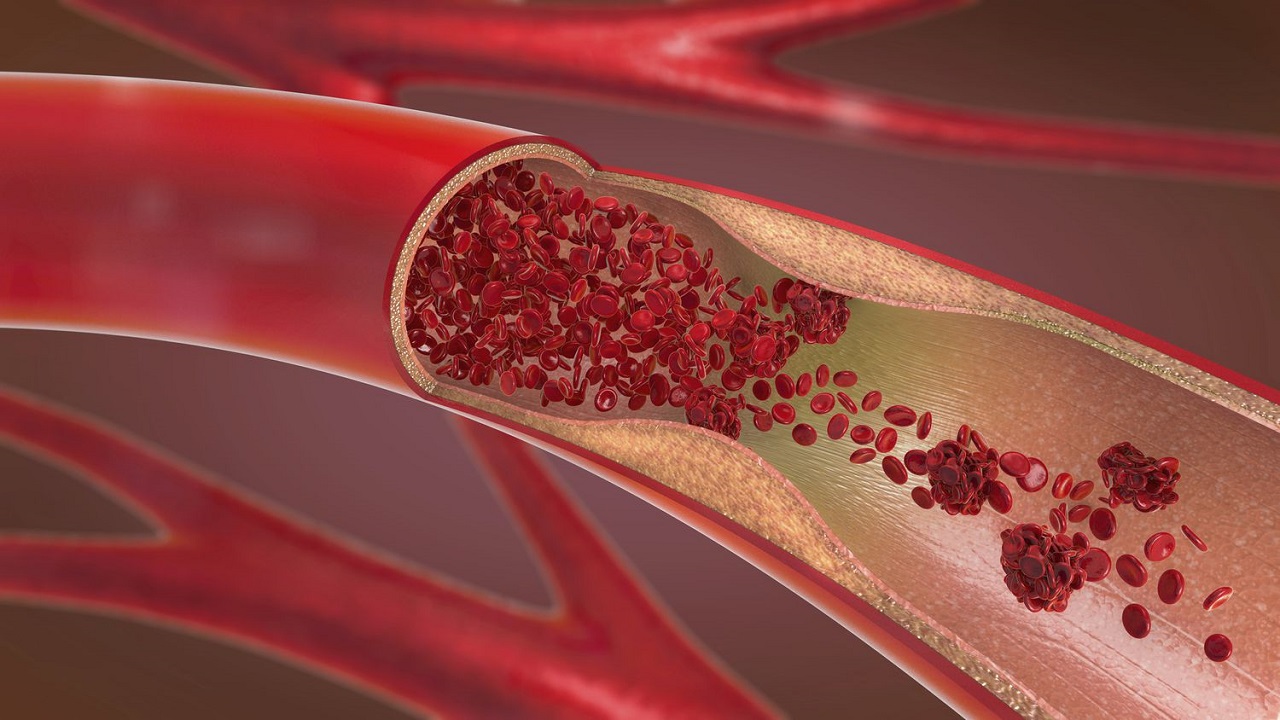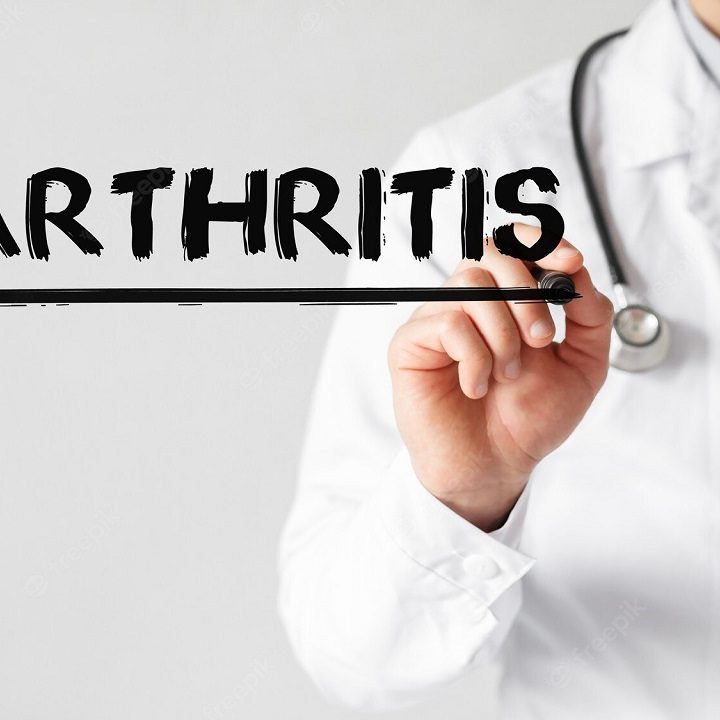Home Remedies For Arteriosclerosis
Arteriosclerosis refers to the thickening of the walls of the arteries. It has become a common ailment in modem times, accounting for much of the disability and high death rate, more so among older people. Arteriosclerosis is usually preceded by atherosclerosis, a kind of fatty infiltration in the inner lining of the blood vessel walls. The riskiest places for such degeneration are the coronary vessels of the heart and the arteries of the brain. Arteriosclerosis results in the loss of elasticity of the blood vessels and a narrowing of the smaller arteries, which interferes with the free circulation of the blood.
Arteriosclerosis or hardening of the arteries is the leading cause of disease and death in America, causing heart disease, stroke, kidney disease, and problems with circulation in the limbs. Arteriosclerosis involves a drop in the elasticity of the larger arteries due to a variety of causes. Atherosclerosis is a particular type of arteriosclerosis, involving a hardening of the arteries caused by internal thickening (called plaques) – and a consequent narrowing of the artery. This is a result of certain kinds of blood cells, damaging kinds of cholesterol, and some other kinds of detritus collecting between the tunica intima, the inner lining of the artery, and the smooth muscle on the outside. There are two kinds of lipoproteins involved in cholesterol transport. High-density lipoproteins are, dense as the name suggests, made up of fat (lipid), protein, and some cholesterol – and it helps to sop up cholesterol that low-density lipoproteins lay down on arterial walls. But LDL, while bad, becomes positively vicious when oxygen makes it rust, the resulting product, LDL causes a form of slow rusting in LDL, which is known to damage the walls, a problem that white blood cells cannot resolve as they usually would. Atherosclerosis is associated with the abuse of alcohol or tobacco, diabetes, high blood pressure, relatively higher cholesterol levels, particularly the ‘bad’ low-density cholesterol, the presence of a lot of fat – in the diet or on the body – or just an inconvenient genetic heritage.
Arteriosclerosis occurs due to oxidative damage to the lining of the arteries, infiltration with fat-filled cells, and the formation of plaques and clots.
Risk factors include smoking, blood sugar disorders, obesity, an excess of “bad” cholesterol or LDL, and high homocysteine levels, as well as a diet high in refined carbohydrates and trans fatty acids (i.e. processed oils). Damage to the arterial wall may also be due to chronic viral or bacterial infection.
Supplementation with folic acid, B12, and B6, CoO10, selenium, omega-3 oils, and antioxidants would cut the risk of Arteriosclerosis and heart disease to a fraction of its current rate.
Herbal treatment for the hardening of the arteries relies upon the strong antioxidant power of many plants, preventing arterial damage that acts as a site for the development of plaque. They also prevent the oxidation of LDL cholesterol, which leads to arterial deposits. Some herbs can remove existing arteriosclerosis, returning elasticity to arteries. Such plants have multiple benefits, such as toning the heart, reducing cholesterol, and preventing blood cell clumping and clot formation. The central herb for the heart is hawthorn, while a combination of a rotating schedule of several other healing plants will maximize their long-term benefit.
Home Remedies For Arteriosclerosis
- One of the most effective home remedies for arteriosclerosis is the lemon peel. It is believed to be one of the richest sources of vitamin P. It strengthens the entire arterial system. Shredded lemon peel of one lemon may be added to soups and stews or sprinkled over salads. To make a medicine, the peel of one or two lemons may be cut up finely, covered with warm water, and allowed to stand for about twelve hours. A teaspoon may be taken every three hours, or immediately before or after a meal.
- Parsley is another effective remedy for arteriosclerosis. It contains elements that help to maintain the blood vessels, particularly the capillaries, and arterial system in a healthy condition. It may be taken as tea: a teaspoon of dry parsley may be allowed to simmer gently in a cupful of water for a few minutes. This can be taken two to three times daily.
- Beet juice, taken daily, has been found valuable in arteriosclerosis. It is an excellent solvent for inorganic calcium deposits. The juices of carrots and spinach are also beneficial if taken once a day. These juices can be taken individually-500 ml, or as a combination. When taken as a combination, they should be in the following proportion: carrots-300 ml and spinach-200 ml to prepare 500 ml of juice.
- Honey is also considered beneficial in the treatment of arteriosclerosis. It is easily digested and assimilated. The patient should take a glass of water with one teaspoon each of honey and lemon juice in it, before going to bed. He can also take it if he wakes up at night.
- Symptoms don’t usually manifest themselves till an artery is blocked but then are hard to miss. These could include some or many of these varied symptoms – high blood pressure, pain in the chest, neck, shoulder, back, or abdomen, shortness of breath, numbness, pain, or peripheral infections. If a freed clot affects the blood supply to the brain there can be weakness or paralysis of limbs, face, or more – and/or dizziness. Statins have been used to fight atherosclerosis, with one (rosuvastatin) actually reducing the size of plaques. You could use drugs that reduce clotting to avoid clumps of blood cells forming, anti-platelet drugs such as aspirin to reduce blood platelets bunching up in the affected arteries, and drugs to control your blood pressure. In worse cases, there may be a need to clear plaque from the vessel by surgery – removal of fatty material directly, by some other form of direct intervention such as angioplasty or a bypass – in which an artificial artery takes blood around the block. Prevention can involve reducing fat and increasing fiber in the diet, exercising, reducing consumption of cholesterol-containing food, weight loss, stopping immoderate drinking and all smoking, and controlling any diabetes that might be there.
- Garlic is one of the most effective remedies in the treatment of atherosclerosis. Garlic helps reduce cholesterol levels and flushes harmful toxins and other waste from your body. You can increase your dietary intake of garlic or drink a mixture of garlic, orange juice, and water to help control atherosclerosis. Honey is also an effective remedy for blocked arteries. Drink a mix of one teaspoon of honey and one teaspoon of lemon juice every morning to reduce cholesterol levels.
- Arjuna—Terminalia arjuna
- Main Ayurvedic heart tonic, normalizes the heart’s rhythm and improves blood flow in coronary arteries. Reduces cholesterol; antibacterial.
- Improves symptoms of congestive heart failure and reduces angina pain.
- Bromelain—Pineapple/Ananas comosus
- A proteolytic enzyme derived from the stem of the pineapple plant.
- Reduces blood platelet “stickiness” and subsequent clot formation.
- Decreases the inflammatory response to artery injury or irritation.
- Cayenne-Capsicum frutescens
- Stimulates blood flow, lowers cholesterol; may affect arteriosclerosis.
- Reduces the risk of blood clotting, and increases heart output.
- Increases capillary resistance and strengthens blood vessels in the limbs.
- Improves peripheral circulation and warms the hands and feet.
- Curcamin-Turmeric/Curcuma longa
- Antioxidant power is eight times more potent than Vitamin E; prevents damage to blood vessel walls to prevent the onset of arteriosclerosis.
- Improves blood flow in arteries, while strengthening blood vessels.
- Significantly reduces cholesterol, serum lipids, and blood clot formation.
- Garlic -Allium Sativa
- One two-year study, reduced the size of arterial plaque by 20%.
- Blocks the formation of new plaque.
- Lowers cholesterol and triglycerides (by 10-20%), lowers LDL, and raises HDL cholesterol; prevents oxidation and thus damage to arteries.
- A natural anti-coagulant; helps dissolve potential clots (fibrinolysis).
- Ginger–Zingiber officinale
- Thins the blood, decreases platelet aggregation, and lowers cholesterol.
- Decreases blood pressure and reduces the hardening of the arteries.
- Antioxidant contains potent proteolytic enzymes; that prevents clots.
- Ginkgo-Ginkgo Biloba
- Increases microcirculation to all parts of the body, heart, limbs, and brain.
- Blood-thinning activity inhibits clot formation and inflammation.
- Antioxidant; strengthens, and tones arteries, improving their elasticity.
- Grape Seed Extract-Vitis vinifera
- Antioxidant power is 20 times that of vitamin C, and 50 times vitamin E.
- Prevents arteriosclerosis and improves circulation in arteries, and veins.
- Lowers cholesterol and actually shrinks existing deposits in arteries.
- Reduces blood cell agglutination, preventing clots, heart attacks, and stroke.
- Proanthocyanidins (OPCs) strengthen vessel walls and capillaries.
- Guggul-Commiphora gulgul
- Prevents arteriosclerosis, while reducing existing plaque in arteries.
- Lowers cholesterol and triglycerides as well as medical drugs. Lowers total cholesterol up to 30% in 3 months, raising HDL and lowering LDL.
- Hawthorn-Crataegus oxyacantha is traditionally used over the long term to remove arteriosclerotic deposits.
- Essential cardiotonic that strengthens the heart muscle (myocardium).
- Prevents cardiovascular disease by dilating the coronary vessels.
- Improves blood and oxygen to the heart, coronary arteries, and tissues.
- Strengthens the contraction of the heart muscles, and regulates blood pressure.
- Shiitake-Lentinus edodes
- A protective antioxidant that inhibits the formation of arteriosclerotic plaque.
- Helps prevent cardiovascular disease, stroke, and diabetes.
- It Lowers cholesterol by up to 15%, prevents clots, and regulates blood sugar.
Author: Dr Izharul Hasan
READ MORE:



3 thoughts on “Home Remedies For Arteriosclerosis”